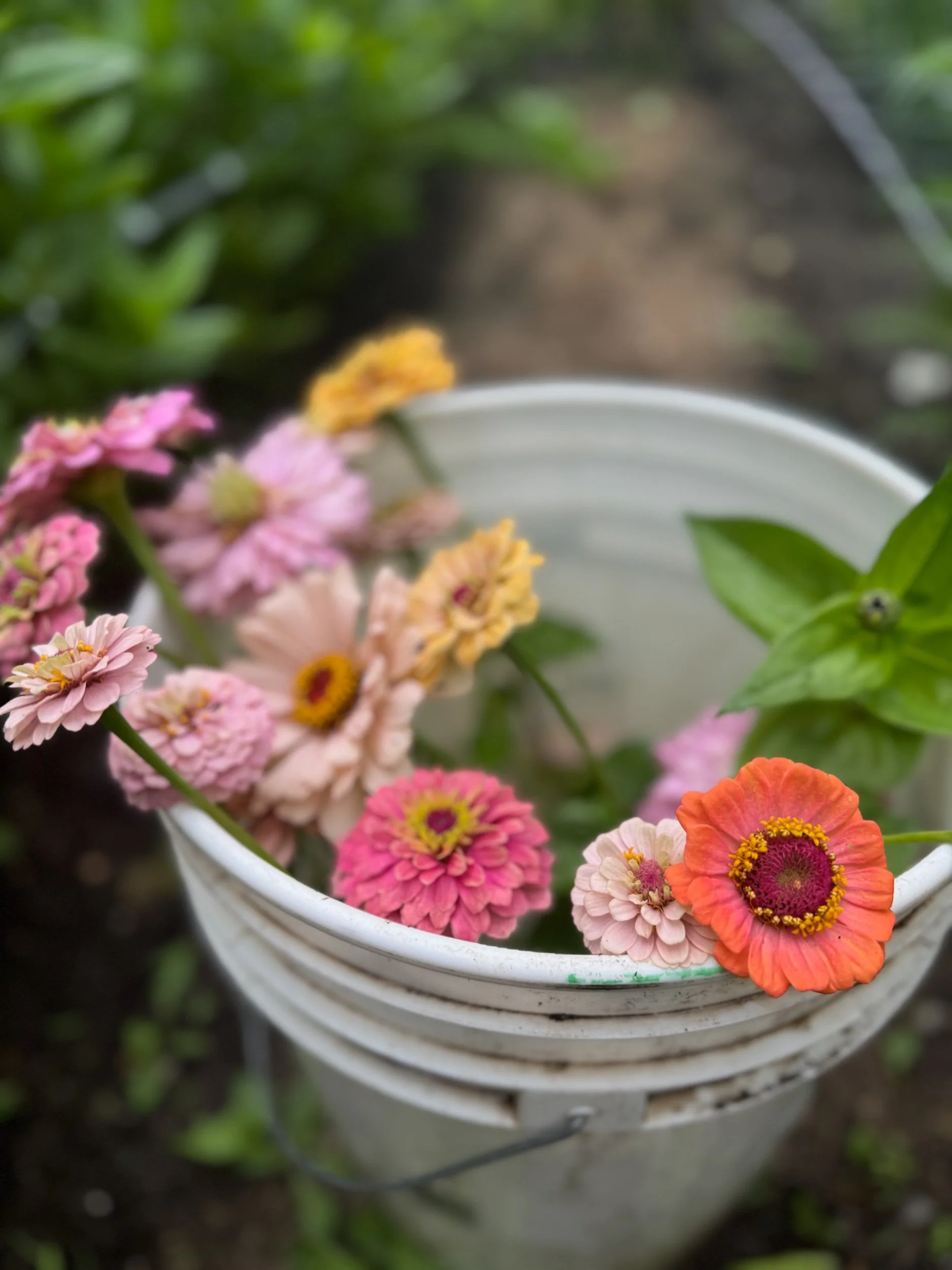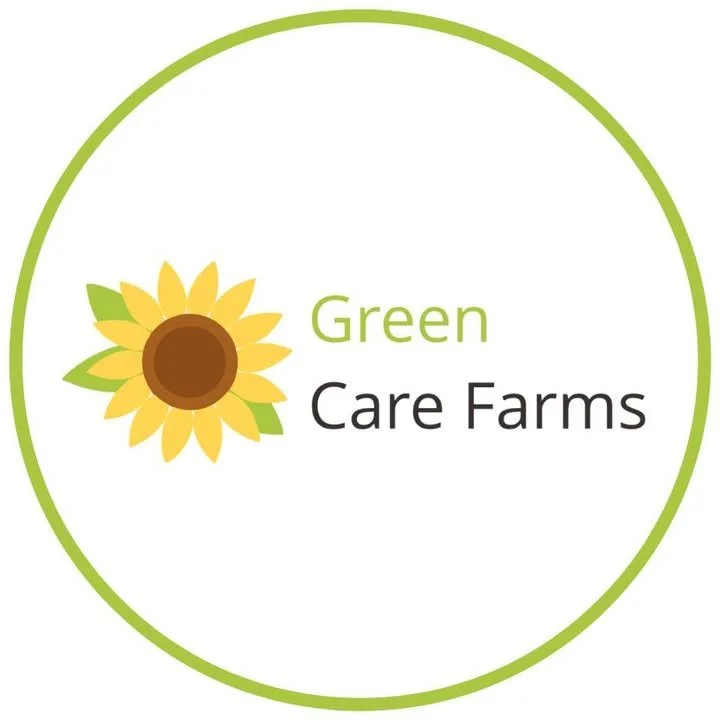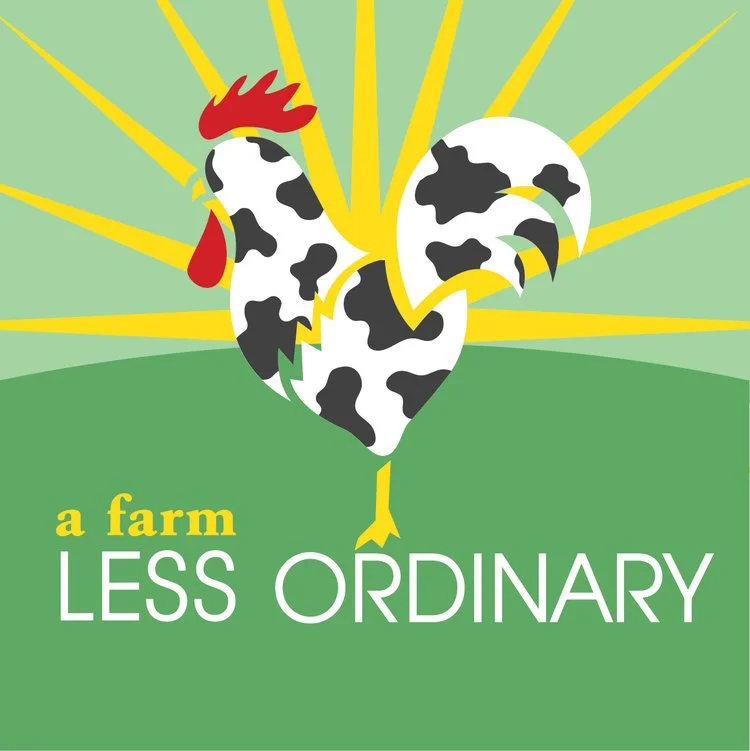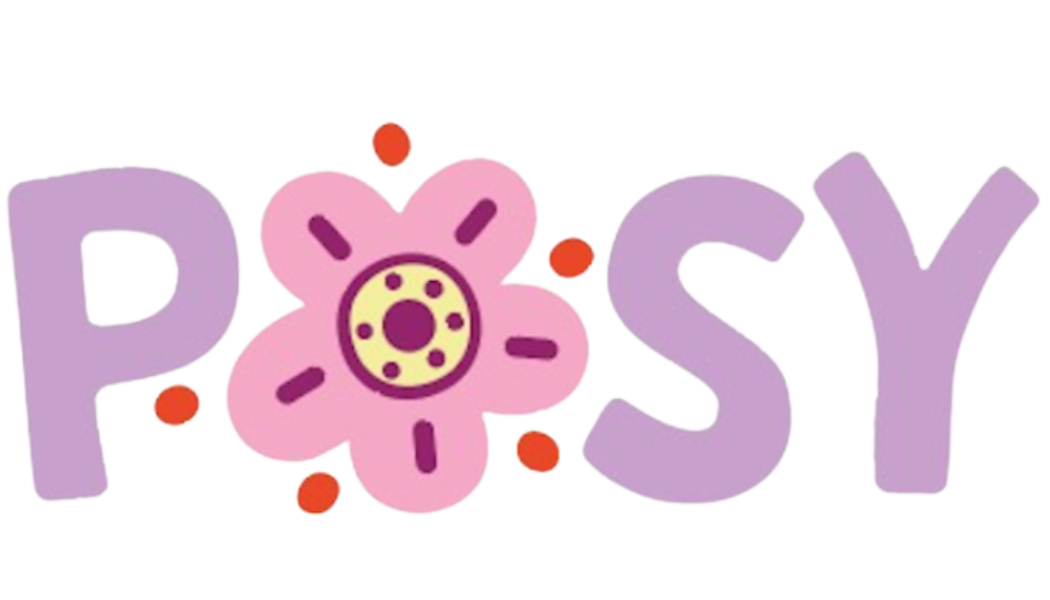
Welcome to Posy
We are Montréal’s first urban farm-florist dedicated to providing meaningful employment opportunities for working-age adults with intellectual disabilities. Here we operate using a social agriculture framework to reduce social isolation and foster community connection among people with and without intellectual disabilities—one gorgeous, locally grown, pesticide-free bloom at a time. Learn more about our Fleurish program!
Social agriculture, or green care farming, is an important way to support marginalized members of the community. Embracing nature’s powerful impact on health and well-being, care farms use hands-on participation in the daily operations of farms as a flexible therapeutic intervention—adaptable to a wide range of needs, abilities, and populations. Farm activities provide opportunities for practical skill development and social connection, which build confidence and provide a sense of control and belonging. Learn more about social agriculture.
What is Social Agriculture?
Our Approach
The work of co-farmers in our Fleurish program is integral to the day to day operations of the farm. This model of farming challenges restrictive ideas of both productivity and inclusion in dominant labor systems.
Industrial farming methods don’t fit our vision, so you won’t see them here. Instead, you’ll find us sowing seeds by hand, weeding our beds with manual tools, and using beneficial insects rather than pesticides. While maximum efficiency isn’t our main goal, quality is. You’ll see it reflected in both the flowers we grow and the care we provide to the co-farmers in our Fleurish program.
Each purchase of our flowers helps to subsidize the cost of this unique farming model.
With your support, we welcomed two paid employees in the Fleurish program, in our first season.
Follow our journey
What does the research say?
key wellbeing outcomes of social agriculture
Improved Physical Health
Physical activity can be lacking in the lives of people with intellectual disabilities. Care farming tasks—like tending plants, cultivating beds, and general farm maintenance—encourage movement that’s more demanding than typical day programs. This can lead to increased fitness, better sleep, and greater self-confidence.
Managing Sensory Issues and Building Resilience
Outdoor activities and the unpredictability of farm environments help participants build resilience and cope with sensory sensitivities. Learning to manage different weather conditions can foster adaptive coping strategies that reduce anxiety.
Enhanced Psychological Wellbeing
By offering engaging, hands-on activities in a supportive setting, care farms help reduce anxiety and foster mental wellbeing. Participants often report feelings of happiness and relaxation. They may experience flow, becoming fully absorbed in meaningful tasks, and the presence of farm animals provides an added source of connection and reassurance.
Development of Skills and Confidence
From learning practical farm tasks to mastering day-to-day skills like food preparation and independent travel, care farming can bolster self-confidence. Rhythmic or repetitive tasks help participants “embody” new abilities in a lasting way.
Increased Social Interaction & Sense of Belonging
Care farms serve as vibrant social spaces where participants can interact with peers, staff, and the broader community. These connections help build new friendships, boost confidence, and foster a sense of belonging. Many care farms also host local events or sell farm goods, encouraging positive engagement between participants and the surrounding community.
Opportunities for Personal Growth and Identity
On a care farm, participants can adopt new roles and identities—like “farm worker”—which boosts self-esteem and opens up fresh avenues for personal development.
Key sources
Kaley, A.M. (2017). Green Care in Agriculture: A Visual Ethnographic Study Exploring the Therapeutic Landscape Experiences of People with Intellectual Disabilities Engaged in Care Farming Activities. PhD Thesis, Lancaster University
Bragg, R. and Atkins, G. (2016). A review of nature-based interventions for mental health care. UK: Natural England.
Goodley, D. (2016). Disability Studies: An interdisciplinary introduction. London: Sage Publications.
Power, A. and Hall, E. (2017). 'Placing care in times of austerity', Social & Cultural Geography,19(3), pp. 1470–1197.
Power, A. and Bartlett, R. (2015a). 'Self-building safe havens in a post-service landscape: how adults with learning disabilities are reclaiming the welcoming communities agenda', Social & Cultural Geography, 19(3), pp. 1470–1179.
Inspiring care farms
we are thrilled to call our advisors
-
GREEN CARE FARMS
DEMENTIA
Ontario, Canada
-
A FARM LESS ORDINARY
INTELLECTUAL DISABILITY
Virginia, USA








